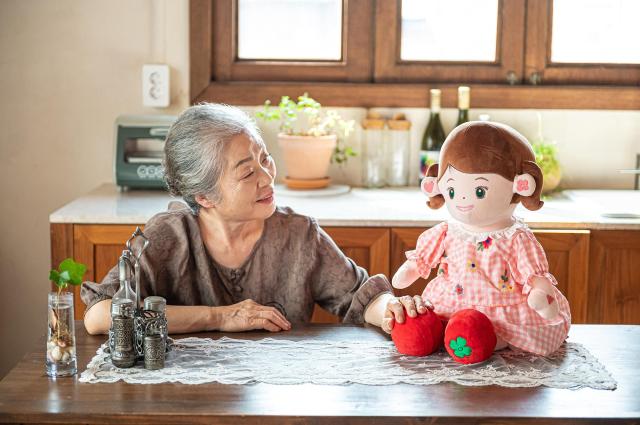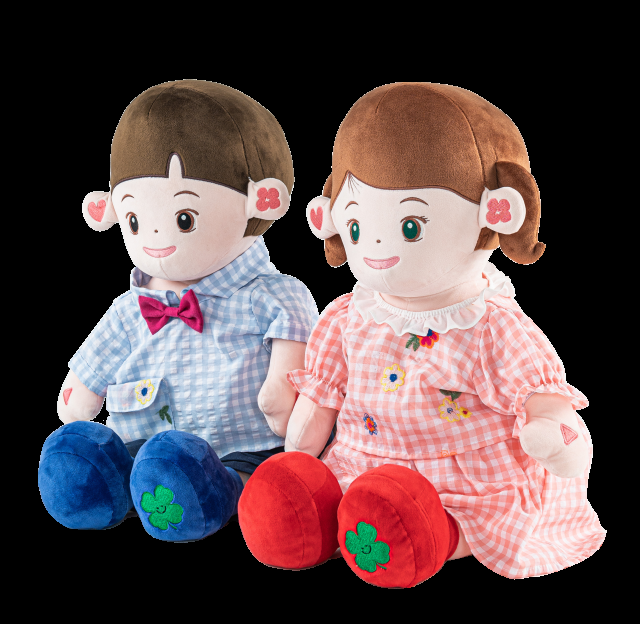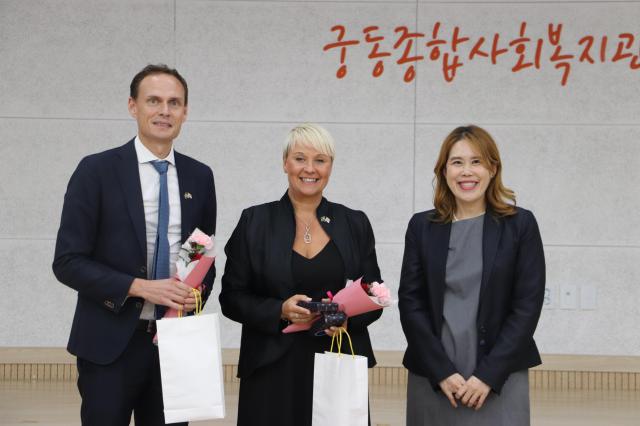
The initiative, carried out by the Ministry of Health and Welfare and the National Health Insurance Service, aims to support daily living and physical activities for home-based long-term care recipients. Beneficiaries can purchase or rent devices within an annual limit of 1.6 million won ($1,220).
Along with a fall detection system, the company’s care robot, also called Hyodol, was added to the second phase of the program, which launched Monday.
The robot can monitor and communicate with elderly individuals, reminding them to take medication and go for walks. It can also alert guardians and a central control tower if users remain inactive for too long.
The solution utilizes technology based on ChatGPT, enabling interactive conversations that foster emotional connections and support cognitive health.
Currently, more than 10,000 elderly individuals in Korea are using the Hyodol robot, the company said. It is also undergoing testing in the Netherlands and the United States to verify its effectiveness.
At the Mobile World Congress (MWC) in Barcelona in February, Hyodol received the award for Best Mobile Innovation for Connected Health and Wellbeing, outperforming five other competitors, including Swiss product authentication company Authena and Chinese mobile communications technology giant ZTE.
Korea is on the brink of becoming a super-aged society. According to data released by Statistics Korea on Thursday, around 9.93 million people in Korea were aged 65 or older, representing about 19.2 percent of the nation's total population.
Copyright ⓒ Aju Press All rights reserved.




![[MWC 24] S. Korean care robot company Hyodol wins health tech award at MWC](https://image.ajunews.com/content/image/2024/02/29/20240229104929433770.jpg)
View more comments